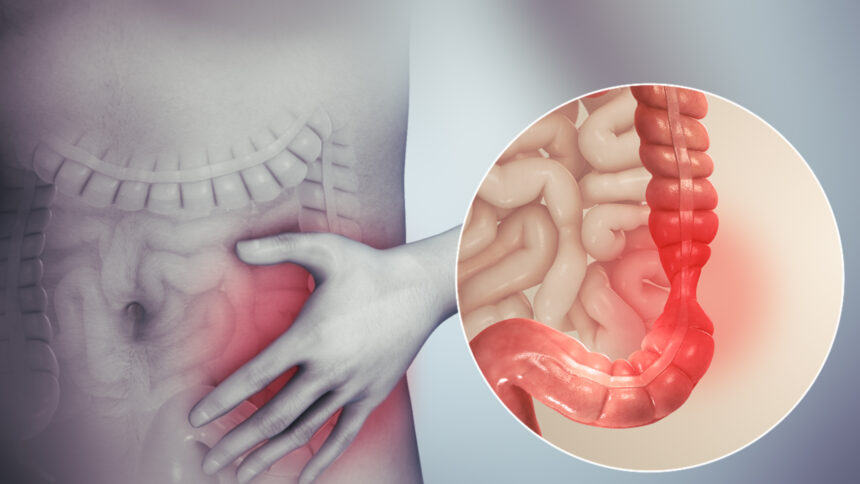Irritable bowel syndrome (IBS) is a condition that affects how your gut functions, causing belly pain, bloating, and changes in bowel habits. Diagnosis is based on your symptoms and by ruling out other health issues. Triggers for IBS vary from person to person, but typical factors include infections, stress, gut movement problems, food reactions, and medication use. Here are some causes of IBS and the ways a gastroenterologist can treat it:
Infection & Stress
After a stomach bug, some people develop lasting gut symptoms, creating a pattern. Stress may also play a role, affecting pain and movement. You might see flares during life changes, while steady routines may ease strain. Though stress is not the only driver, it may interact with past infections, sleep, and diet. GI doctors may test for issues, provide trials, or suggest tools like cognitive behavioral therapy. These steps target both body and mind, and they rely on tracking what shifts your symptoms.
Abnormal Muscle Contraction
The intestines move food forward in waves, and when those waves speed up, diarrhea follows; when they slow down, constipation appears. Some people switch between both. Because movement changes how gas and stool pass, bloating and cramping rise when there are changes. A gastroenterologist might check for lactose intolerance, review drugs that affect gut motion, or assess other functions. The treatment they prescribe matches the pattern.
Elimination of Trigger Foods
Typical triggers include wheat, dairy products, citrus fruits, beans, and cabbage. Begin by keeping a symptom and food log. Next, remove likely triggers for a brief window while eating balanced meals, and then add back one item at a time to confirm effects. A doctor might help with portion sizes, swaps, and meal planning so nutrition stays on track. Some people may perform better with smaller, more frequent meals, while others adjust their caffeine or alcohol intake to feel better.
Medications
Treatment plans are tailored to your primary symptoms and customized to meet your specific needs. For diarrhea, certain medications may help to reduce the number of bathroom trips, while others address issues caused by bile. Other drugs are used in certain cases involving bacteria. Probiotics may be chosen for short courses, as different strains have varying effects. Your doctor may review potential interactions, monitor for side effects, and track your symptoms over time using simple scales.
IBS often reflects several drivers at once, so a focused plan helps sort them, and it keeps testing and treatment grounded in your symptoms. Bring a symptom and food log, a full medication list, and any prior test results. Ask about next steps, such as various tests and screenings that may be available.
See a Gastroenterologist
Symptoms of IBS include bleeding, weight loss, fever, and waking at night with pain or diarrhea; these need prompt review. Take a practical step today. Schedule an appointment at a clinic, share your symptom history, and discuss a plan for testing and daily management. Bring your questions and your log so the visit moves quickly and stays focused on what affects you most.





